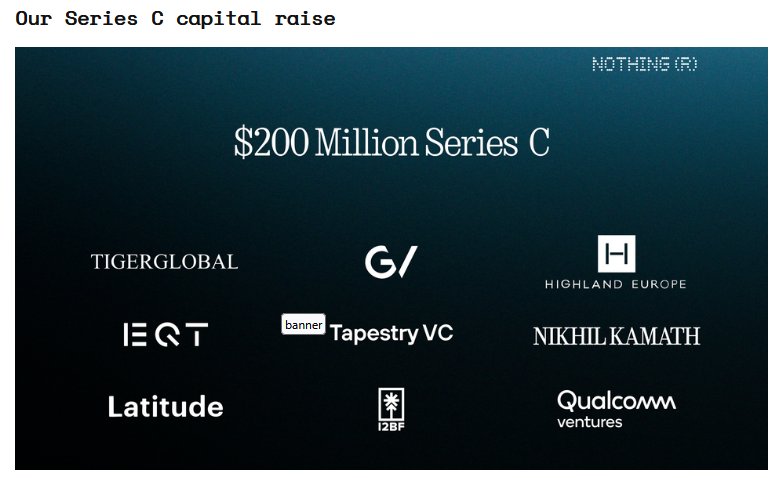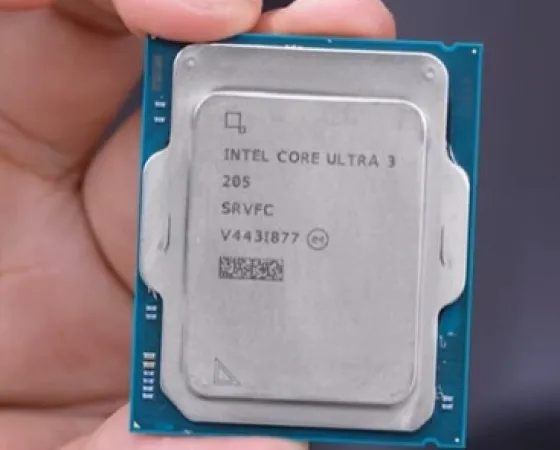☕️ Apple a publié également iOS 18.7 et macOS 15.7 pour corriger des failles de sécurité
Apple a ouvert grand les vannes lundi pour les versions 26 de toutes ses plateformes. Dans le même temps, l’entreprise a lancé de nouvelles mises à jour intermédiaires pour les moutures précédentes.
iOS/iPadOS 18.7 et macOS 15.7 ont été mis à disposition en même temps que les versions majeures hier soir. Dans l’interface de mise à jour sur iOS, cette version apparaissait même avant la mouture 26. Elles ont été publiées pour colmater une série de failles de sécurité, dont on trouve la liste sur le site d’Apple. Les correctifs concernent des composants comme CoreAudio, le noyau, libc, MobileStorageMounter, Raccourcis ou encore WebKit.

Apple a également publié des mises à jour de sécurité pour des versions plus anciennes de ses systèmes. Pour iOS/iPadOS, on trouve ainsi les versions 15.8.5 et 16.7.12. Sur Mac, les machines sous Sonoma reçoivent la 14.8 et celles sous Sequoia la 14.8.
S’agissant de correctifs de sécurité, il est conseillé d’appliquer rapidement les mises à jour, qui réclament un redémarrage.





 On en entend parler depuis des mois, et il n'est toujours pas dans les rayons des revendeurs. Le Core Ultra 3 205 fait une petite révolution dans la gamme, d'ordinaire la série 3 ne comporte que des processeurs ayant 4 cœurs. La série 14 avait le Core i3-14100 qui avait 4 cœurs et 8 threads via Hype...
On en entend parler depuis des mois, et il n'est toujours pas dans les rayons des revendeurs. Le Core Ultra 3 205 fait une petite révolution dans la gamme, d'ordinaire la série 3 ne comporte que des processeurs ayant 4 cœurs. La série 14 avait le Core i3-14100 qui avait 4 cœurs et 8 threads via Hype...